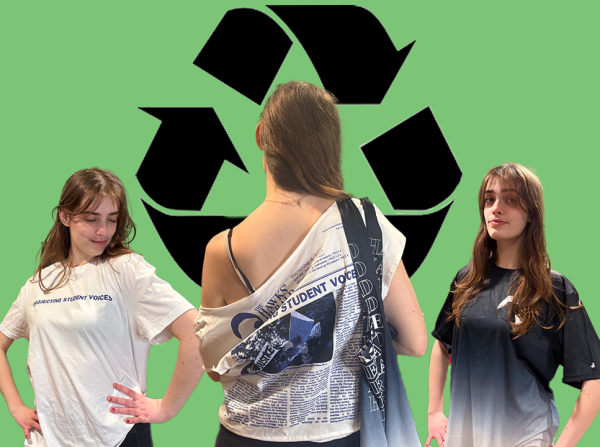Looking back on World Water Day
Anya Dussault
News Manager
World Water Day occurs annually on Wednesday, March 22. In an effort to encourage individuals to take action regarding the water crisis, it was deemed an international day by the United Nations in 1993.
United Nations Inter-Agency, UN Water, is a partnership between member representatives of 26 United Nations organizations and 17 non-United Nations organizations that work together on all global water-related issues.
Each year, UN Water has the opportunity to select a water-related theme. This year the theme is “Waste Water,” which is very much in response to the drought conditions being reported throughout East Africa, as well as in other parts of Africa and Iran. Waste water is simply water that has already been used, including water used for showering and tap water. Scientists are strongly encouraging people to “recycle” their water, which can be done by making use of any remaining dish water for plants or car washing
“I think a lot of people just take for granted the fact that we all have access to clean water because, personally, most of us have never experienced a time when we didn’t know when we would have water,” said sophomore Lauren Brenner.
Tyler Harding, a junior who has spent time traveling abroad, reflected on the differences in water.
“I know China isn’t a developing country, but they’re clearly dealing with pollution with the smog,” Harding said. “The water pollution is intense there, too, and you’re supposed to boil you’re water before drinking it. It was pretty annoying to wait for water to boil and I never really got used to drinking hot water, but it’s what they’re used to.”
Although not everyone has the experience of living without clean water access, they can nonetheless contribute to water conservation. There are many ways to become a water conservator without having to buy various fancy gadgets like water efficient faucets. For one thing, there is no need to leave the water running when it is not being used. In fact, simply turning off the faucet when brushing teeth, washing dishes, and other activities can save a small amount of water. If everyone were to perform those tasks, that small amount could become a significant amount of water saved.
The annual event focuses its attention primarily on the need for universal access to clean water, sanitation, and hygiene (WASH) facilities in developing countries. After all, life does not exist without water—it is one of the most basic natural resources human beings require to survive. Because the majority of waste water simply flows back to nature without the proper treatment, humans are losing out on opportunities to reuse the water, and it is also polluting the environment.





